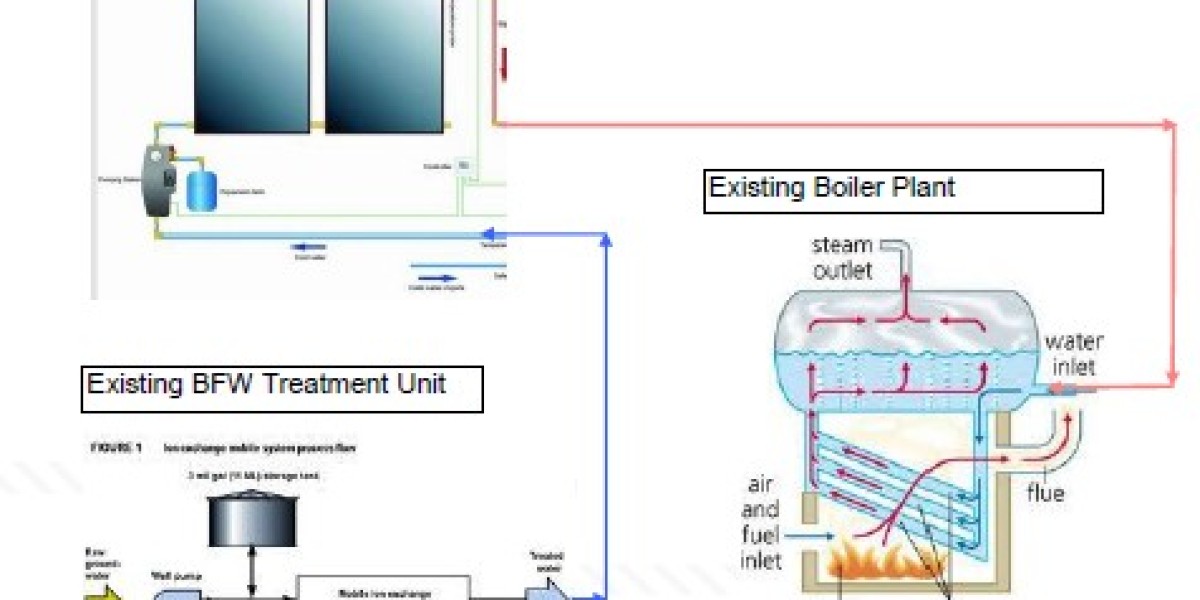Introduction
Harnessing the power of the sun to heat water is a sustainable and eco-friendly solution that has gained popularity in recent years. Solar water heaters utilize solar panels to capture sunlight and convert it into heat energy, providing a cost-effective alternative to traditional water heating methods.
In this article, we will delve into the workings of solar water heaters, exploring their components, functionality, and benefits.
Understanding Solar Water Heaters
Solar water heaters are innovative devices designed to utilize solar energy for heating water. Unlike photovoltaic (PV) solar panels, which convert sunlight into electricity, solar water heaters directly harness the sun's heat to warm up water.
These systems consist of three main components: solar collectors, a storage tank, and a circulation system.
Solar Collectors: Capturing Sunlight
The heart of a solar water heater is its solar collectors. These panels are typically mounted on rooftops or other sunny areas where they can receive maximum sunlight exposure.
Solar collectors are designed with an absorber plate, which is painted black to maximize heat absorption. Beneath the absorber plate runs a network of tubes containing a heat transfer fluid, such as water or antifreeze.
When sunlight strikes the absorber plate, it heats up the fluid circulating within the tubes. This heated fluid then transfers its thermal energy to the water stored in the system's storage tank.
Storage Tank: Storing Solar Heat
The storage tank in a solar water heater serves as a reservoir for the heated water. It is insulated to minimize heat loss, ensuring that the water remains hot until it is needed.
Most solar water heater systems include a backup heating element, such as an electric or gas-powered heater, to supplement the solar heating on cloudy days or during periods of high demand.
Circulation System: Moving Heated Water
A circulation system is responsible for moving the heated water from the solar collectors to the storage tank. This system typically employs either a passive or active circulation method. Passive systems rely on natural convection to circulate the water, while active systems utilize pumps to facilitate the movement of fluid.
In a passive system, warm water naturally rises from the solar collectors into the storage tank, while cooler water sinks back down to be reheated. Active systems, on the other hand, use pumps to actively circulate the fluid between the collectors and the storage tank, ensuring more efficient heat transfer.
Types of Solar Water Heaters
There are two main types of solar water heaters: direct circulation systems and indirect circulation systems.
Direct Circulation Systems: In direct circulation systems, potable water from the storage tank is circulated directly through the solar collectors to be heated. These systems are typically used in regions with mild climates where freezing temperatures are not a concern.
Indirect Circulation Systems: Indirect circulation systems use a heat transfer fluid, such as antifreeze, to transfer heat from the solar collectors to the water in the storage tank. This configuration is preferred in colder climates where freezing temperatures are a possibility.
Benefits of Solar Water Heaters
Investing in a solar water heater offers numerous benefits for homeowners and the environment alike.
- Reduced Energy Costs: By harnessing free solar energy, solar water heaters can significantly reduce energy bills associated with heating water.
- Lower Carbon Footprint: Solar water heaters produce fewer greenhouse gas emissions compared to conventional water heating systems, making them an environmentally friendly choice.
- Energy Independence: Relying on solar power for water heating reduces dependence on non-renewable energy sources, contributing to energy independence.
- Long-Term Savings: While the initial cost of installing a solar water heater may be higher than traditional systems, the long-term savings on energy bills often outweigh the upfront investment.
Conclusion
Solar water heaters offer a sustainable and efficient solution for heating water using renewable energy from the sun. By understanding how these systems work and the benefits they provide, homeowners can make informed decisions about incorporating solar technology into their homes, reducing energy costs and environmental impact in the process.
From sunlight to steam, solar water heaters exemplify the power of harnessing renewable energy for everyday needs.


